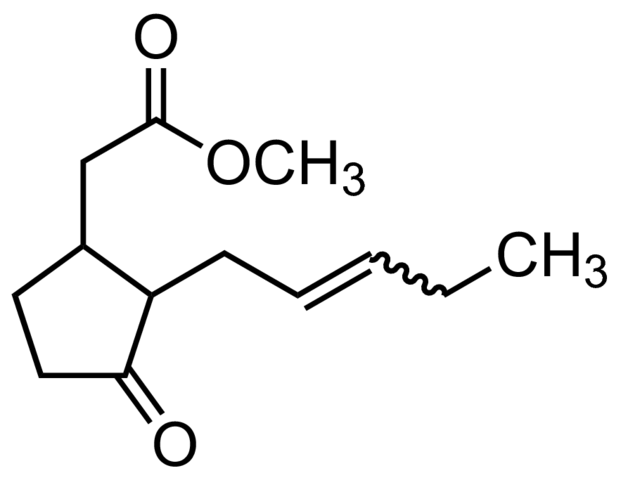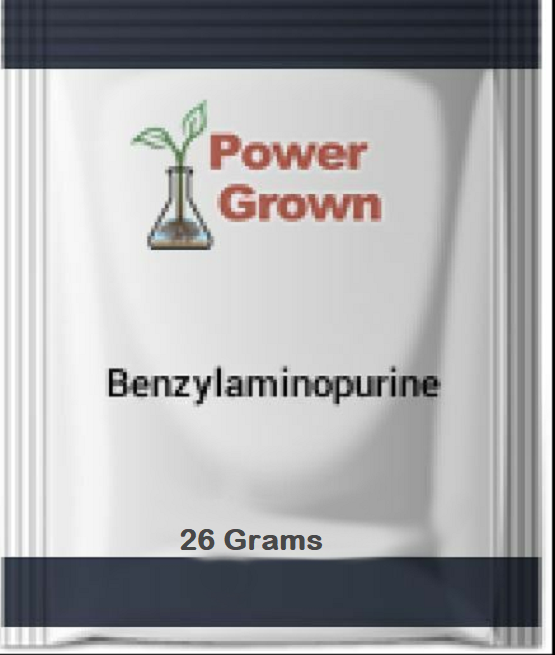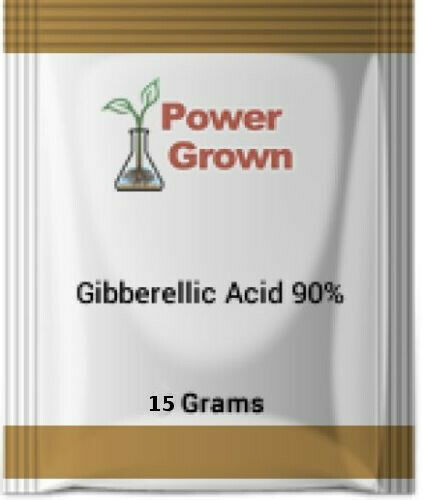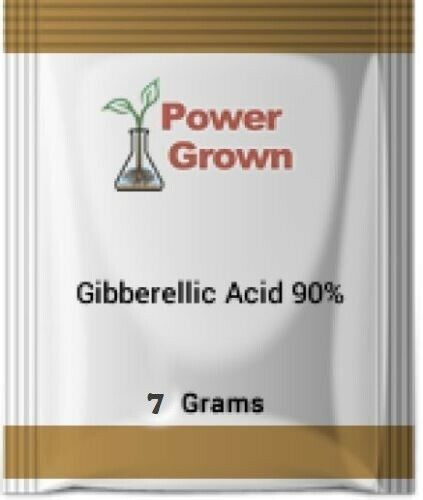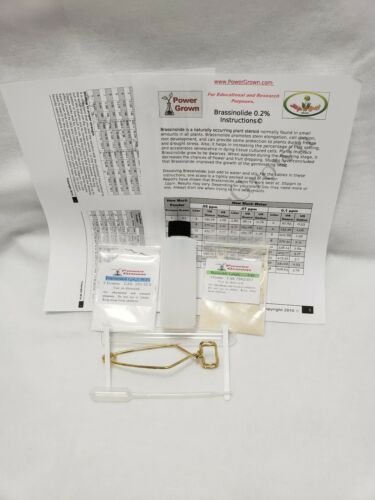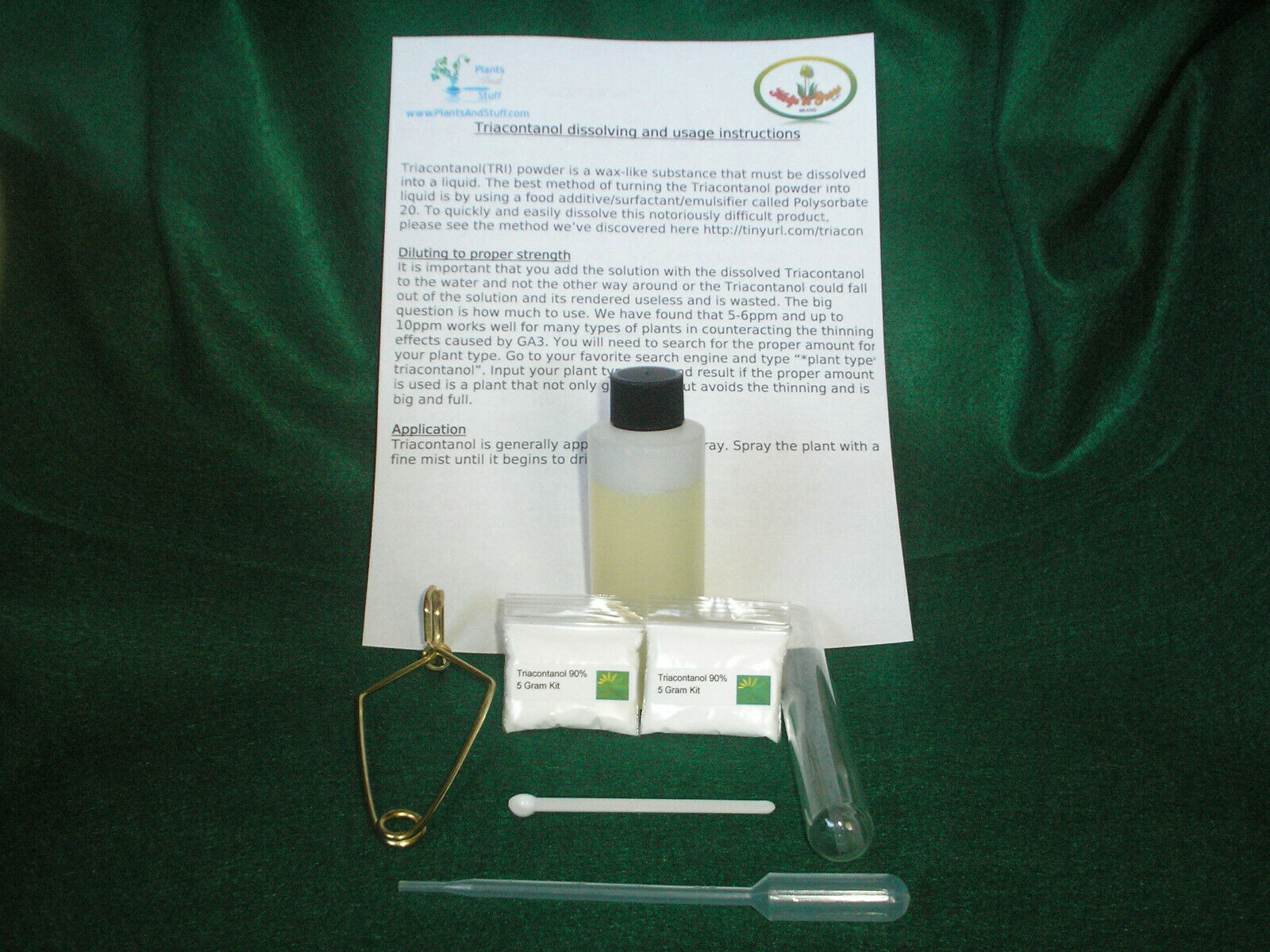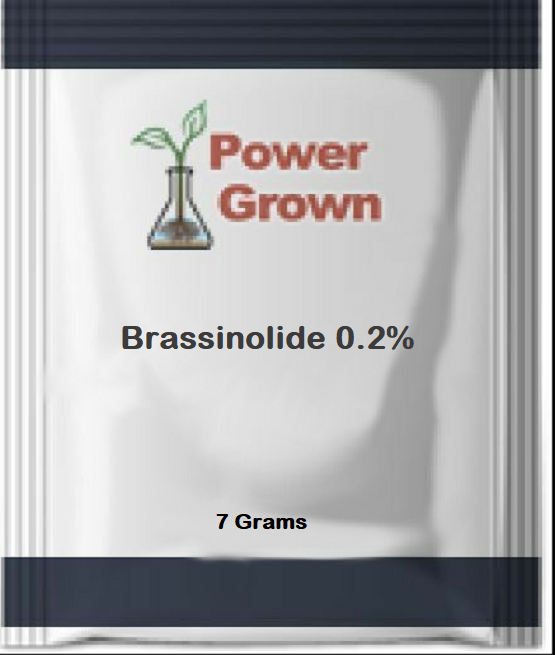-40%
DiHydro Methyl jasmonate methyl esters 5ml 99%. Increase tricome/oil production
$ 13.19
- Description
- Size Guide
Description
DiHydro methyl jasmonate 5ml 99% For research and development. DiHydro Methyl Jasmonate is an oily liquid dissolved in alcohol or polysortbate 20 then added to water. best used at 100-150 ppm. 1/2 ml to one gallon of water will give you a 147ppm solution Dihydro Methyl Jasmonate is a substance used in plant defense.For cannabis, spray plants with a fine mist until the begin to drip in the flowering cycle in the 4th and 5th weeks of flower in a 9 week flowering cycle.
It greatly increases tricomb and terpene production like no other product on the market. The results will astound you! Plants produce jasmonic acid and Methyl Jasmonate in response to many biotic and abiotic stresses (particularly herbivory and wounding), which build up in the damaged parts of the plant. The Jasmonates (JAs) are a group of plant hormones which help regulate plant growth and development. Jasmonates include jasmonic acid and its esters, such as methyl jasmonate (Methyl Jasmonate). Like the related prostaglandin hormones found in mammals, the Jasmonates are cyclopentanone derivatives which are derived biosynthetically from fatty acids. They are biosynthesized from linolenic acid by the octadecanoid pathway. The level of Jasmonate in plants varies as a function of tissue and cell type, developmental stage, and in response to several different environmental stimuli. High levels of Jasmonate are also found in flowers and pericarp tissues of developing reproductive structures and in the chloroplasts of illuminated plants; Jasmonate levels also increase rapidly in response to mechanical perturbations such as tendril coiling and when plants suffer wounding. Demonstrated roles of Jasmonate in planta include: Jasmonate and Methyl Jasmonate inhibit the germination of nondormant seeds and stimulate the germination of dormant seeds High levels of Jasmonate encourage the accumulation of storage proteins; genes encoding vegetative storage proteins are Jasmonate responsive and tuberonic acid (a Jasmonate derivative) has been proposed to play a role in the formation of tubers Jasmonate application can induce chlorosis and inhibition of genes encoding proteins involved in photosynthesis, although the purpose of this response is unknown it is proposed that this response to Jasmonate could help reduce the plant's capacity for carbon assimilation under conditions of excess light or carbon The role of Jasmonate accumulation in flowers and fruit is unknown; however, it may be related to fruit ripening (via ethylene), fruit carotenoid composition, and expression of genes encoding seed and vegetative storage proteins Jasmonate plays a role in insect and disease resistance. Many genes during plant defense are induced by Jasmonate; Jasmonate and ethylene may act together in defense response.
Ships within the day or 1 -3 days of purchase.
